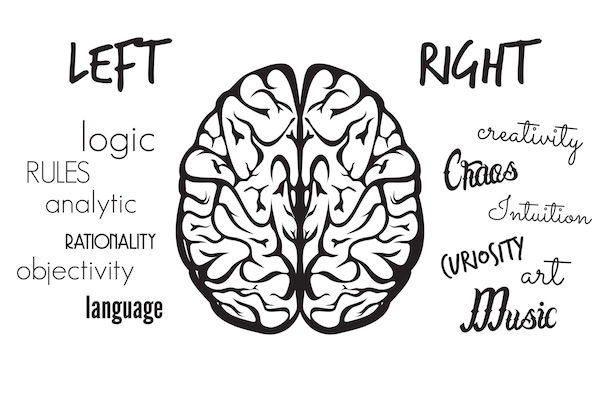
THURSDAY, Dec. 6 (HealthDay News) — Older adults are less able to spot people with untrustworthy faces, which may help explain why they’re more likely to be victims of fraud, according to new research.
Older adults have reduced activity in a brain region called the anterior insula, which is linked to disgust and is important for discerning untrustworthy faces, the researchers from the University of California, Los Angeles, found.
“The older adults do not have as strong an anterior insula early warning signal; their brains are not saying, ‘Be wary,’ as the brains of the younger adults are,” researcher Shelley Taylor, a psychology professor and senior author of the research, said in a UCLA news release.
Her team conducted two studies. One found that 119 older adults (aged 55 to 84, with an average age of 68) and 24 younger adults (average age 23) had similar reactions to pictures of trustworthy and neutral faces. But compared to younger adults, older adults were more likely to regard untrustworthy faces as trustworthy and approachable.
In the second study, brain scans were conducted while older adults (aged 55 to 80 with an average age of 66) and younger adults (average age 33) looked at pictures of faces. The younger adults showed anterior insula activation both when rating the photos and especially when viewing untrustworthy faces. In contrast, the older adults showed little activation in that brain region.
The findings were published Dec. 3 in the journal Proceedings of the National Academy of Sciences.
“We wanted to find out whether there are differences in how the brain reacts to these faces, and the answer is: Yes, there are,” Shelley Taylor, a psychology professor and senior author of the research, said in a UCLA news release.
“We found a strong anterior insula response both to the task of rating trustworthiness and also to the untrustworthy faces among the younger adults — but the response is much more muted among the older adults,” Taylor said. “
What makes a face untrustworthy? “The smile is insincere, the eye contact is off,” said Taylor, whose own father and aunt both lost money in financial scams.
Some people may be targeted as they reach their 70s, when they begin to take required 401k account distributions, the news release noted.
“A recent study estimates that adults over age 60 lost at least $2.9 billion in 2010 to financial exploitation, ranging from home-repair scams to complex financial swindles,” Taylor said. “This figure represents a 12 percent increase from 2008. Older adults seem to be particularly vulnerable to interpersonal solicitations, and their reduced sensitivity to cues related to trust may partially underlie this vulnerability.”
More information
The FBI has more about seniors and fraud.

